

Legal Framework for the Tokenization of Real-World Assets
The concept of tokenizing real-world assets (RWAs) has emerged as a transformative innovation at the intersection of technology, finance, and law. By leveraging blockchain technology to digitize ownership, tokenization is reshaping how we perceive, manage, and trade physical and intangible assets. From real estate and precious metals to intellectual property and collectibles, tokenization offers unparalleled opportunities for fractional ownership, liquidity, and efficiency. At its core, tokenization represents the digitization of assets into tokens recorded on a distributed ledger, allowing these assets to be bought, sold, and managed more effectively.

Gensler Reaffirms SEC's Regulation-By-Enforcement Approach to Crypto Amidst Industry Debate
Securities and Exchange Commission (SEC) Chair Gary Gensler has once again reiterated his commitment to the agency's ongoing regulation-by-enforcement strategy concerning cryptocurrency. Despite criticism from various sectors of the digital asset industry, Gensler maintains that the SEC’s efforts are firmly grounded in decades of legal precedent, and he intends to continue this approach to provide clarity and protection in the rapidly evolving world of digital assets.
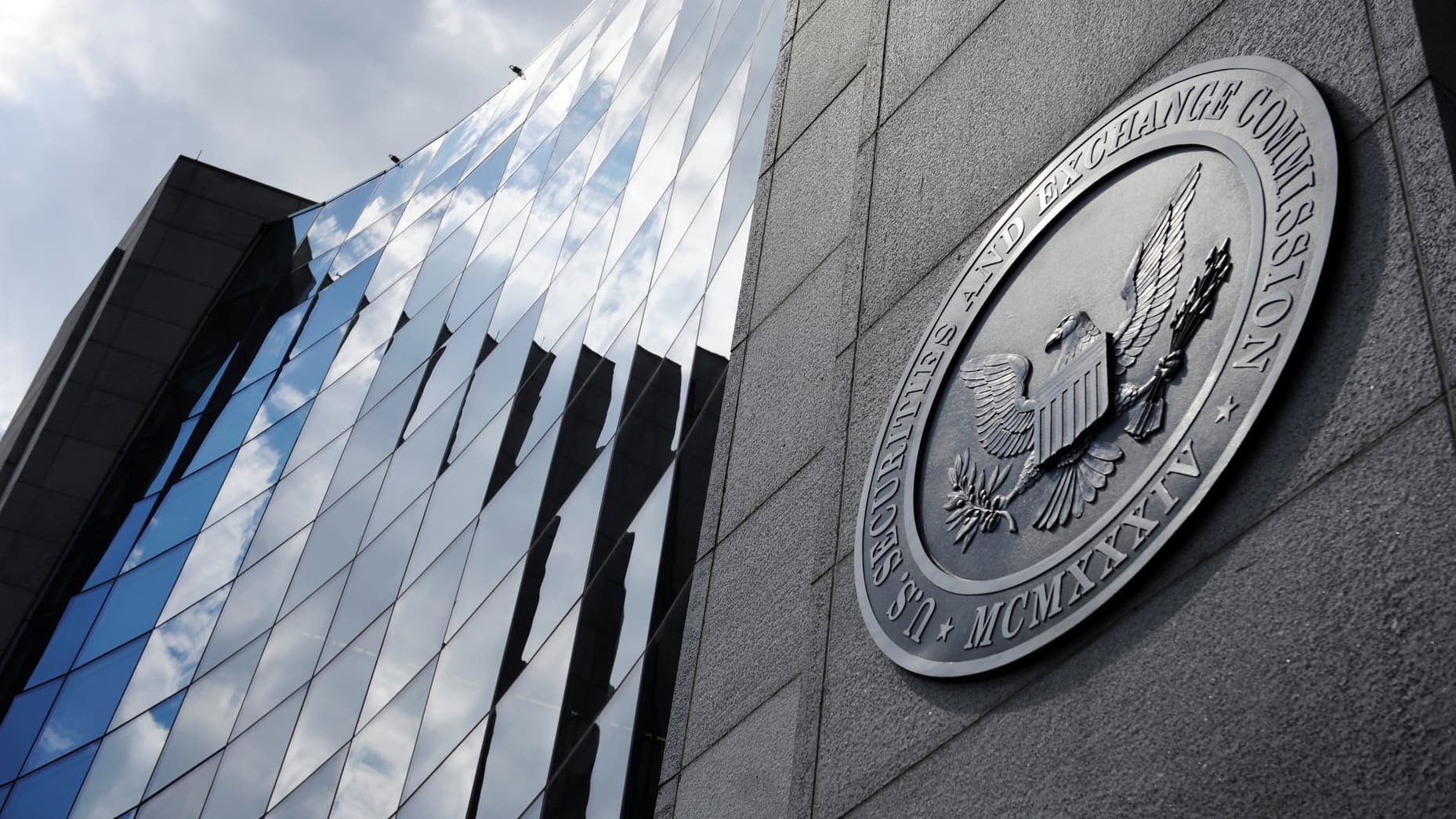
SEC Alleges Cumberland DRW Sold $2 Billion in Unregistered Securities
In a new enforcement action that adds fuel to the ongoing regulatory battle over digital assets, the U.S. Securities and Exchange Commission (SEC) has sued Chicago-based crypto trading firm Cumberland DRW. The lawsuit, filed on October 10, 2024, accuses Cumberland of operating as an unregistered broker and handling over $2 billion worth of crypto assets—specifically, tokens like Solana and Polygon—that the SEC claims are unregistered securities.

SEC Commissioner Mark Uyeda Criticizes Agency’s Crypto Policy as a “Disaster”
In a striking rebuke of the U.S. Securities and Exchange Commission’s (SEC) approach to cryptoc regulation, SEC Commissioner Mark Uyeda publicly criticized the agency's handling of the industry, calling it a "disaster" during a Fox Business panel on October 10. Uyeda's remarks reflect growing internal dissent over how the SEC, under the leadership of Chair Gary Gensler, has enforced crypto policy without providing the much-needed clarity the sector requires.

SEC Chair Gary Gensler on Crypto: ‘It’s Unlikely This Stuff Is Gonna Be a Currency’
In a recent speech at New York University School of Law, U.S. Securities and Exchange Commission (SEC) Chairman Gary Gensler made headlines with his assertion that cryptocurrencies like Bitcoin (BTC) are unlikely to ever become widely accepted forms of currency. While this statement may have grabbed attention, it largely reiterates what many industry participants already understand: the primary value of crypto assets lies in their utility as a store of value or an investment vehicle, not as a replacement for fiat currencies. Gensler’s comments, while perhaps technically accurate, miss the mark in addressing the real issues facing the crypto industry today.
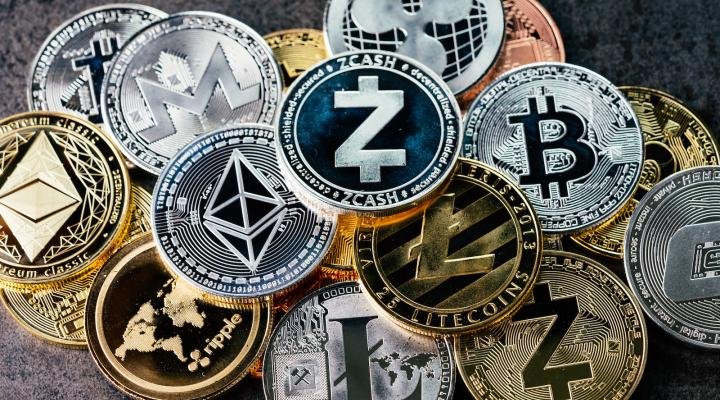
Legal Implications of SEC Jurisdiction Over Secondary-Market Sales of Network Tokens
The ongoing dispute between Foris DAX Inc. ("Crypto.com") and the Securities and Exchange Commission (SEC) represents a pivotal moment in the regulatory landscape for digital assets. Crypto.com is challenging the SEC's assertion of jurisdiction over secondary-market sales of various network tokens, which are typically used to access or interact with blockchain networks.

Untangling the SEC's Web: Regulatory Challenges Facing Crypto and Digital Assets
Under the leadership of Chairman Gary Gensler, the Securities and Exchange Commission (SEC) has adopted an approach to digital assets that some have described as "enforce first, make rules never." This strategy, while potentially effective in areas where clear guidance exists, has left digital asset market participants in the United States facing significant regulatory uncertainty. Without clear rules, the SEC’s aggressive enforcement tactics have had the effect of stifling innovation and driving businesses overseas. This article explores the key issues in the SEC’s current stance on digital assets and the need for a more thoughtful and predictable regulatory framework.
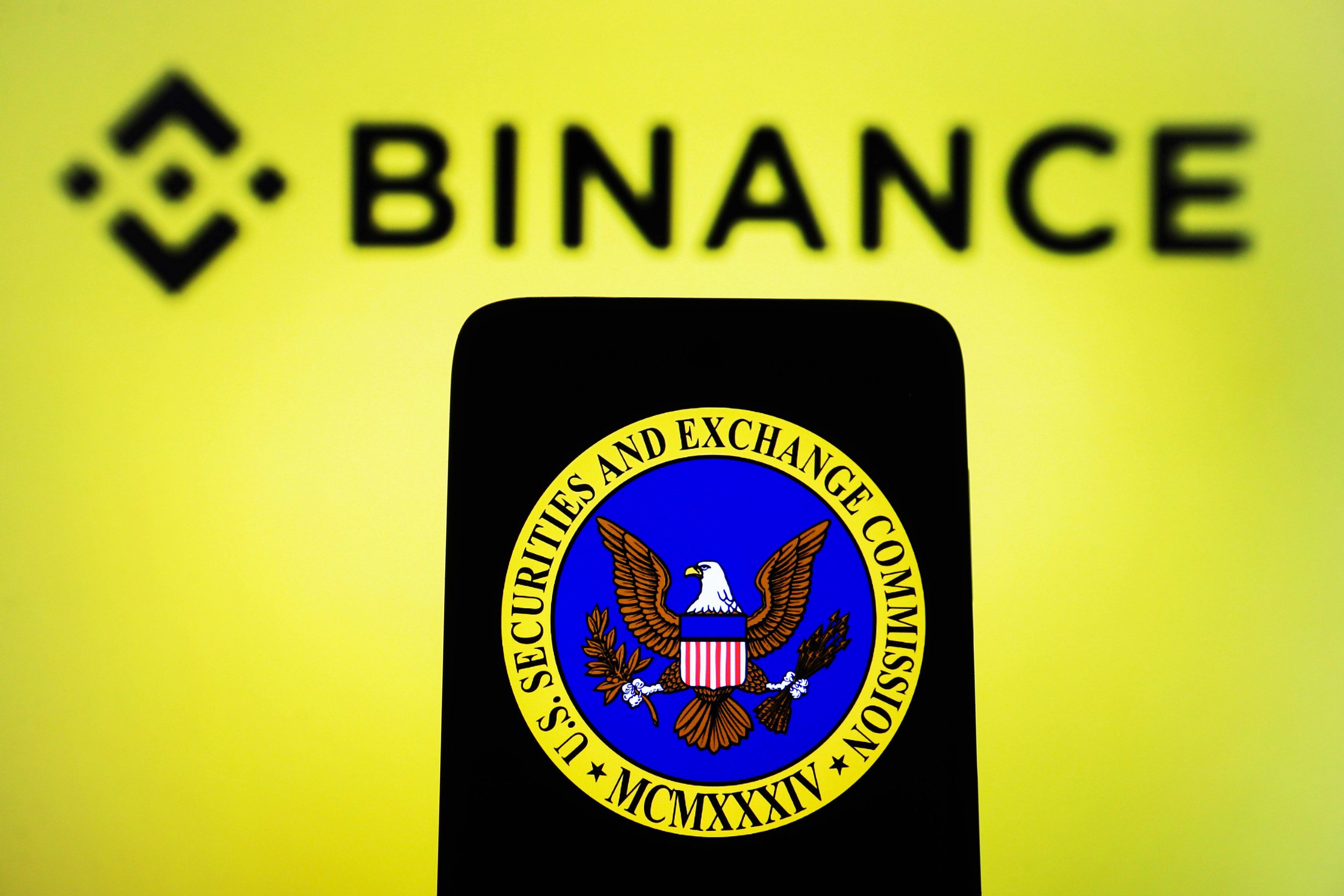
SEC Amends Binance Complaint Amid Industry Criticism Over Token Classification
In a recent development, the U.S. Securities and Exchange Commission (SEC) amended its complaint in the ongoing case against Binance, one of the world’s largest cryptocurrency exchanges. The SEC acknowledged that it may have caused confusion regarding its stance on whether certain digital tokens should be classified as securities. This amended filing, submitted in the District of Columbia, includes procedural adjustments and legal clarifications, reflecting an evolving enforcement strategy as the SEC seeks to address the regulatory challenges posed by digital assets.

Opinion: U.S. Congress Must Establish a Clear Regulatory Framework for Crypto Assets to Maintain Western Leadership in Financial Innovation
By now, we all know that cryptographic blockchain has the potential to revolutionize the transfer of value over the internet—quickly, inexpensively, and without intermediaries. With mass-adoption, a blockchain-powered immutable public ledger of transactions could reshape financial systems globally. Yet, like any transformative technology, its long-term success hinges on legal and regulatory clarity. It is time for Congress to establish a comprehensive, sensible framework for regulating crypto assets.

SEC Targets OpenSea: The Potential Implications for the NFT Market
The Securities and Exchange Commission (SEC) has recently issued a Wells notice to OpenSea, the most prominent marketplace for non-fungible tokens (NFTs), signaling a potential lawsuit for securities law violations. This move marks a significant development in the SEC's ongoing scrutiny of the digital assets space, particularly as it relates to the burgeoning NFT market.

FINRA Update on Crypto Asset Activities
On August 14, 2024, the Financial Industry Regulatory Authority (FINRA) issued an important update regarding its ongoing efforts to engage with its members on the subject of crypto asset activities. Referred to as "crypto assets," these are defined by FINRA as assets issued or transferred using distributed ledger or blockchain technology. These assets include virtual currencies, coins, and tokens, which may or may not meet the definition of "securities" under federal securities laws.
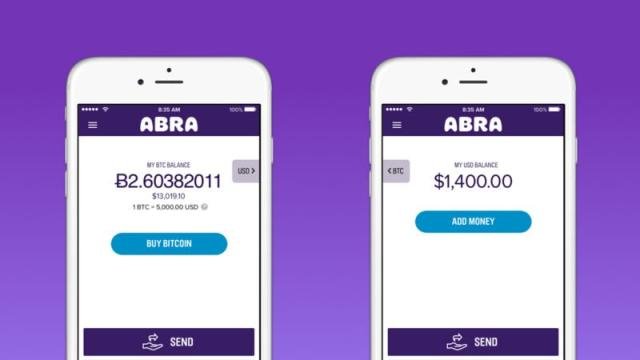
SEC Charges Abra with Unregistered Offers and Sales of Crypto Asset Securities
The SEC's recent enforcement action against Plutus Lending LLC, doing business as Abra, underscores the agency's unwavering commitment to ensuring that crypto asset offerings and sales comply with federal securities laws. The charges filed today highlight significant regulatory issues surrounding the unregistered offers and sales of crypto asset securities, specifically through Abra's retail crypto asset lending product, Abra Earn.
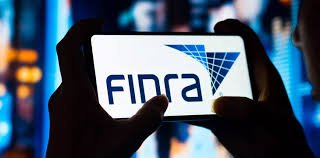
FINRA Provides Update on Member Firms’ Crypto Asset Activities
As part of its regulatory mandate to safeguard investors and uphold market integrity, FINRA is addressing the evolving landscape of crypto asset activities conducted by its member firms. Crypto assets—commonly referred to as digital assets—encompass a range of items issued or transferred using blockchain technology. These include virtual currencies, coins, and tokens, which may or may not qualify as “securities” under federal laws.
